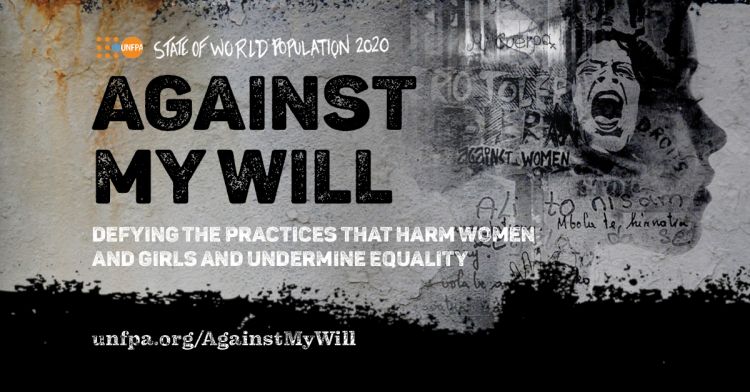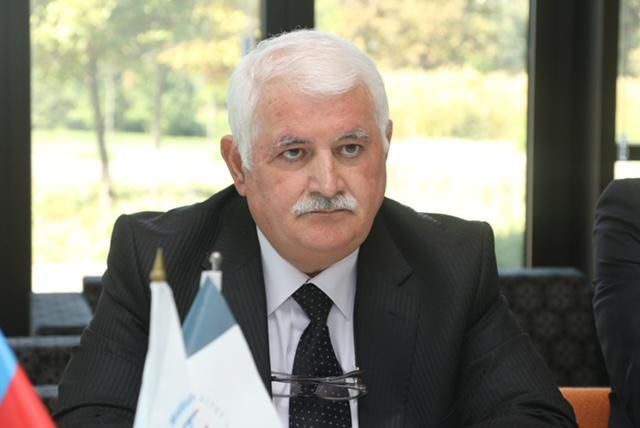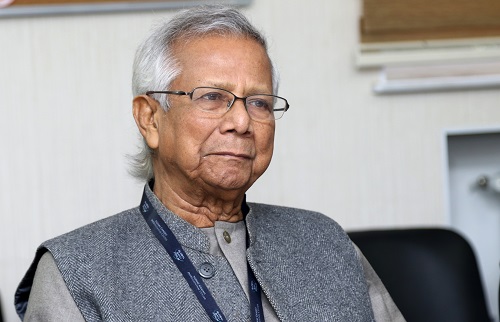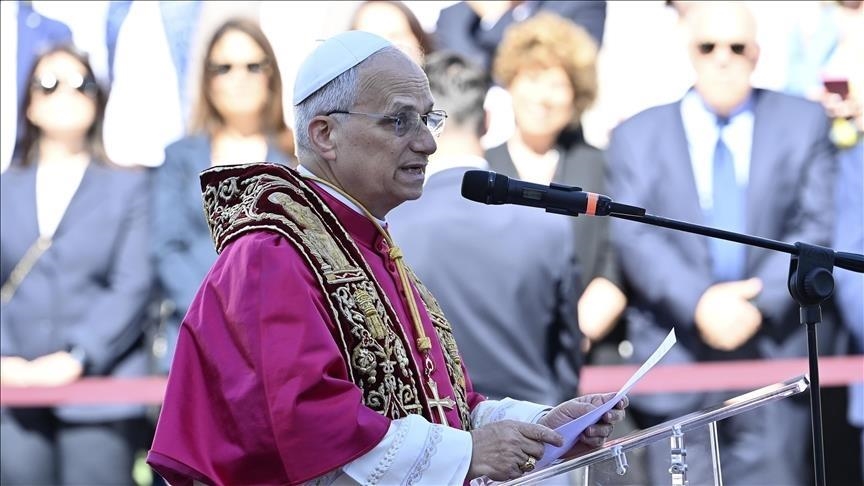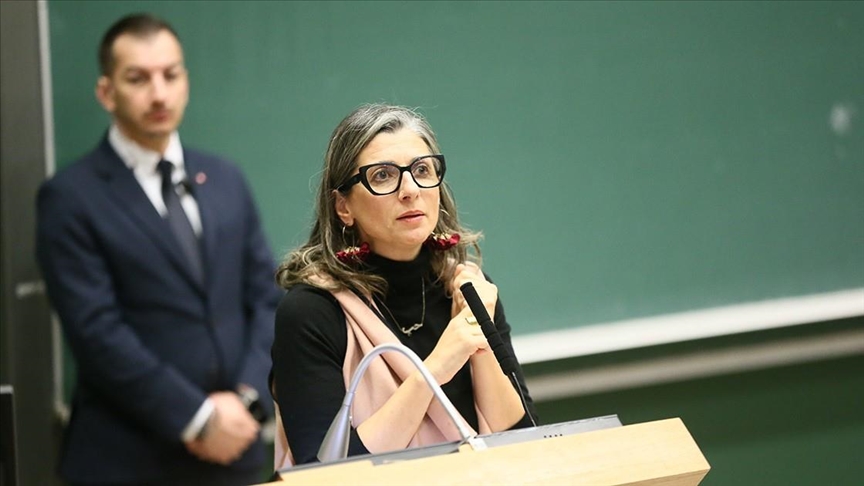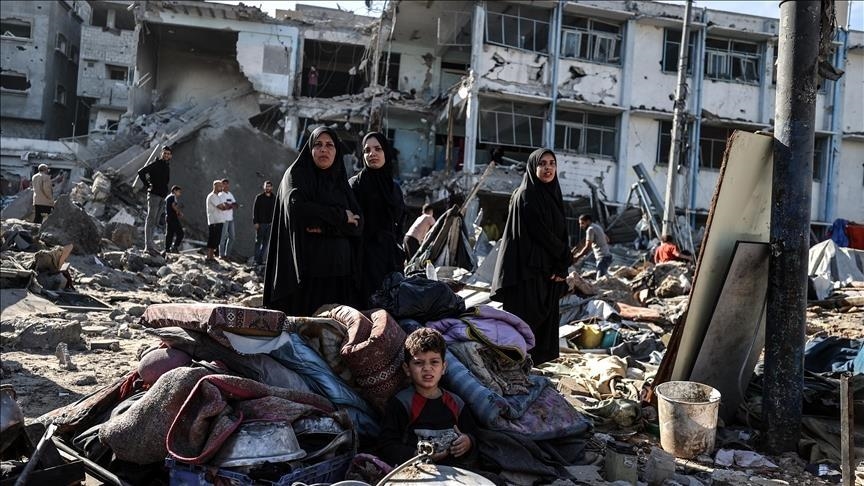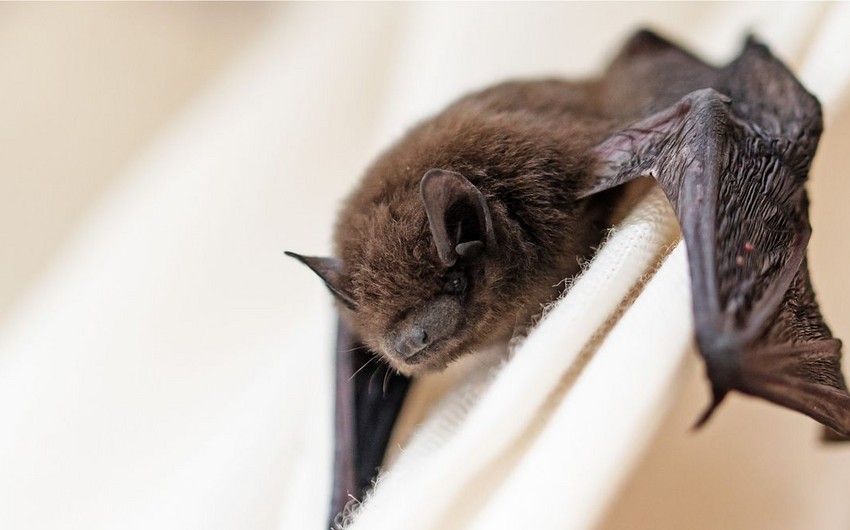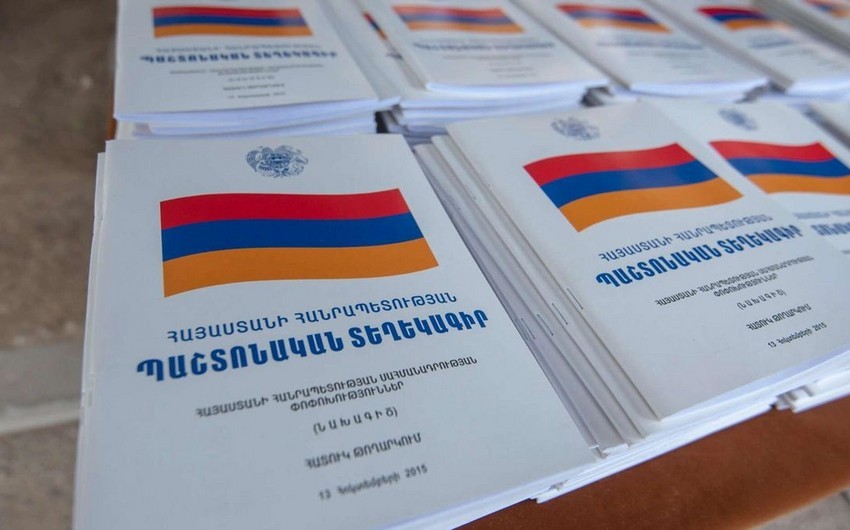Urgent, accelerated action needed to stop female genital mutilation, child marriage, and other practices that harm women and girls, according to new UNFPA report
Every year, millions of girls around the world are subjected to practices that harm them physically and emotionally, with the full knowledge and consent of their families, friends and communities, according to the State of World Population 2020, released on June 30 by UNFPA, the United Nations sexual and reproductive health agency.
At least 19 harmful practices, ranging from breast ironing to virginity testing, are considered human rights violations, according to the UNFPA report, which focuses on the three most prevalent ones: female genital mutilation, child marriage, and extreme bias against daughters in favour of sons.
“Harmful practices against girls cause profound and lasting trauma, robbing them of their right to reach their full potential,” says UNFPA Executive Director Dr. Natalia Kanem.
This year, an estimated 4.1 million girls will be subjected to female genital mutilation. Today, 33,000 girls under age 18 will be forced into marriages, usually to much older men. Also, an extreme preference for sons over daughters in some countries has fueled gender-biased sex selection or extreme neglect that leads to their death as children, resulting in 140 million “missing females.”
In the Eastern Europe and Central Asia, child marriage is generally illegal and on the decline overall, but is still practiced widely in parts of the region (up to 15% of women were married before they turned 18 in some countries; and in some communities one in two women was married as a child).
Son preference also remains common in the Eastern Europe and Central Asia region, resulting in heavily imbalanced sex-at-birth ratios in parts of the South Caucasus and South-East Europe, as many more boys are born there than girls.
Countries that have ratified international treaties such as the Convention on the Rights of the Child have a duty to end the harm. Many have responded with laws, but laws alone are not enough.
Decades of experience and research show that bottom-up, grassroots approaches are better at bringing change, the UNFPA report states.
“These harmful practices have one root cause in common: the widespread and persistent under-valuing of girls and women,” says Alanna Armitage, UNFPA Regional Director for Eastern Europe and Central Asia. “But we are seeing that social norms are shifting in the right direction, and there is a real chance that working together – governments, civil society, influencers and role models – we can make practices harming girls a thing of the past.”
Programmes to change discriminatory social norms are effective in eliminating harmful practices, but they must not focus narrowly on just these practices. Rather, they should address the broader issues at play, including the subordinate position of women and girls, their human rights, and how to elevate their status and access to opportunities, the report says.
Globally, ending child marriage and female genital mutilation worldwide is possible within 10 years by scaling up efforts to keep girls in school longer and teach them life skills and to engage men and boys in social change. Investments totaling $3.4 billion a year through 2030 would end these two harmful practices and end the suffering of an estimated 84 million girls, the report shows.
While progress has been made in ending some harmful practices worldwide, the COVID-19 pandemic threatens to reverse gains. A recent analysis revealed that if services and programmes remain shuttered for six months, an additional 13 million girls may be forced into marriage and 2 million more girls may be subjected to female genital mutilation between now and 2030.
The pandemic may increase the risk of forced early marriage as a strategy to reduce the economic burdens in the family. And lockdowns, school closures and movement restrictions are disrupting adolescent girls’ routines and their support systems.
“The pandemic puts more girls at risk and threatens to undermine the progress we’ve made,” Armitage says. “We must redouble our efforts to ensure that girls everywhere are fully able to enjoy their rights, make choices about their lives and their bodies.”

